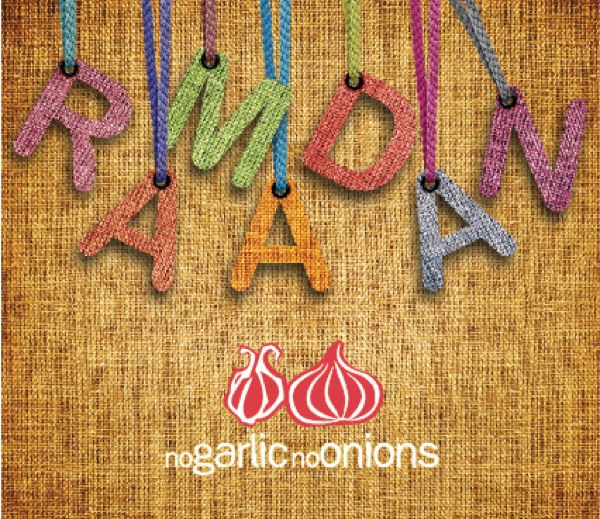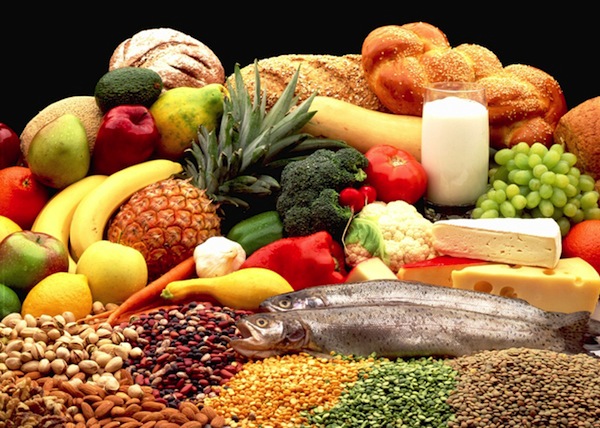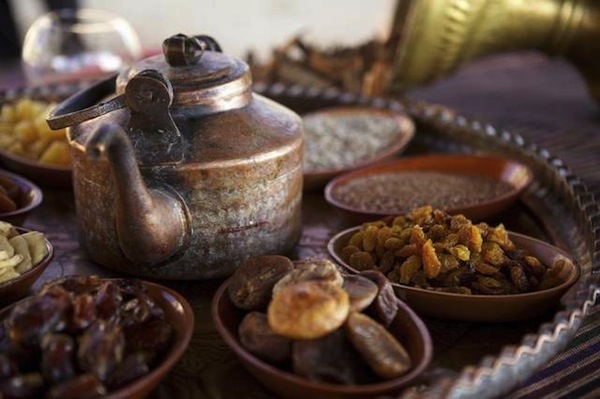During the holy month of Ramadan our diet should be no different from our normal day-to day diet. Moreover if you have accumulated some extra kilos recently, it is an ideal period to normalise back your weight. Here are some simple guidelines to make sure that your diet remains balanced and healthy during fasting period.
- Use low glycemic foods
Taking into account the long hours of fasting we should base our food on slow digesting foods that are either high fiber or high protein, and take a longer time to get digested. Carbohydrates are now classified according to their glucose response also know as glycemic index. The GI is a measure that gives us an idea how fast a carbohydrate containing food is converted into glucose and enters the blood circulation. Thus selecting low GI foods minimizes hungers pangs and satisfies appetite without providing excess calories.
Excellent food choices during fasting are high protein such as meat, fish, poultry and high fibre carbohydrate foods that control your appetite such as grains, legumes, beans, burghol, whole meal flour, unpolished rice, etc..
- Eat a variety of foods
Especially during the holy month when daily food intake is limited to (2) meals per day, you need to plan in advance to include all food groups. The human body needs 40 different nutrients daily to ensure adequate growth and health. Therefore it is important to choose daily from the five different food groups: Breads, fruits, vegetables, meat and proteins, milk and dairy. Try to include in each meal at least 3 of the food groups.
- Don’t skip breakfast (SOUHOUR)
Many people skip Souhour because the though of sleep may be more appealing than waking up to eat! Research proved that breakfast provides essential nutrients and energy needed to for the day plus it will help to boost the metabolism during fasting. However try to avoid excess spicy and salty food to control thirst.
- Make healthy changes to recipes
Use your regular recipes, but start cutting the fat in half. If a recipe calls for cream or whole milk, use skim milk. If a recipe calls for a whole egg, use two egg whites, etc... By making small changes in your cooking habits, you can create great-tasting foods that are also healthy for you.
Here’s how:
- Always trim of all excess fat from meat before cooking or use veal, chicken and fish as lower fat options. Remove poultry skin before or after cooking. Always choose white meats
- Cut down on fat intake during cooking wherever possible
- Use non-stick frying pans and non-stick sprays
- Vegetables should be steamed or boiled
- When preparing rice, noodles and other grains, season with herbs, spices and broths rather than added butter or ghee
- Experiment with herbs and spices to add flavour and zest to low-fat cooking. Spices, like cinnamon, ginger and nutmeg enhance the sweet taste of foods, and seasoning blends, such as chilli powder, curry powder provide a complex array of flavours.
- Roast meat on a wine racks
- avoid taking in too much salt
- Use garlic, pepper, onions, mushrooms and tomatoes to add flavour to meat and vegetables
- Add sliced lemon or lemon juice to white meats and fish
- Use herbs and spices instead
- Remember your fruits and vegetables
Fruit and vegetables add color and variety to the menu. They are often termed our “protective” foods as they help the body fight off sickness and disease. This is because they are rich sources of a variety of vitamins and minerals. An added benefit is that they are relatively low in calories and also contribute to our daily fibre intake.
- Fluids abundantly
Always include more than 8 cups of water dairy water in your diet and limit your intake of caffeine-containing beverages ex. Cola drinks, black tea, coffee etc... Caffeine is a diuretic (makes the body lose water) and will not provide adequate hydration specially this year Ramadan is scheduled almost is summertime early fall, so the heat is more than the previous years !











































